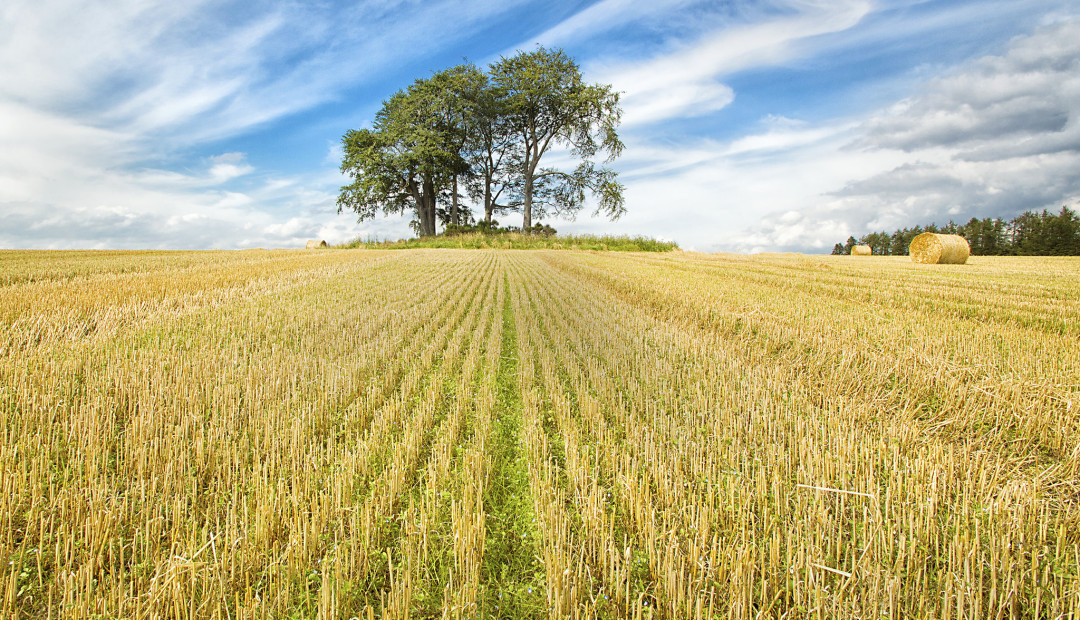Enlightenment:
In the case of the Samaritan woman we see the picture of a thirsty sinner and a thirsty and hungry Christ. Both of them were tired because both had walked a long distance to that well. Consequently, the Lord Jesus and the woman were very sympathetic with one another. Both were thirsty and weary, and the Lord was hungry. The Lord was hungry, so He sent the disciples to buy food. He was also thirsty, so He asked the woman for a drink. However, it is very strange to note that neither of them ate or drank, yet both of them were satisfied. The saved sinner was satisfied with the Savior, and the Savior was satisfied with the saved sinner. We know this by the fact that the woman gave up the well and her waterpot and ran into the city to tell about Christ. She was so satisfied that the people came to see if this was the Christ. We know that the Lord Jesus was satisfied because He told the disciples, who had returned with food and had asked Him to eat, “I have food to eat of which you have no knowledge” (4:32). When the disciples asked each other whether anyone had brought Him food to eat, He said to them, “My food is to do the will of Him who sent Me, and to finish His work” (4:34). The Lord’s food was to do the will of Him who sent Him, which means that His food was to save and satisfy sinners. We sinners are the satisfaction to the Savior. Your hunger signifies that the Lord is hungry, and your thirst signifies that the Lord is thirsty. But when you are satisfied, the Lord also is satisfied. As long as there are thirsty sinners on earth, the Lord is thirsty in heaven. When sinners are satisfied, then the Savior is satisfied. The Lord had come to Samaria with a purpose—to find that sinner and to satisfy her. In doing this, He did God’s will. And doing God’s will was His food and satisfaction.
The Lord told His disciples that the fields were already white. Hence, they must go and reap the harvest. The principle is also true today. If we look on the field, we will see certain people who are really thirsty for Christ. Therefore, we must bring Christ to them and them to Christ. This is how to reap them for Christ.


